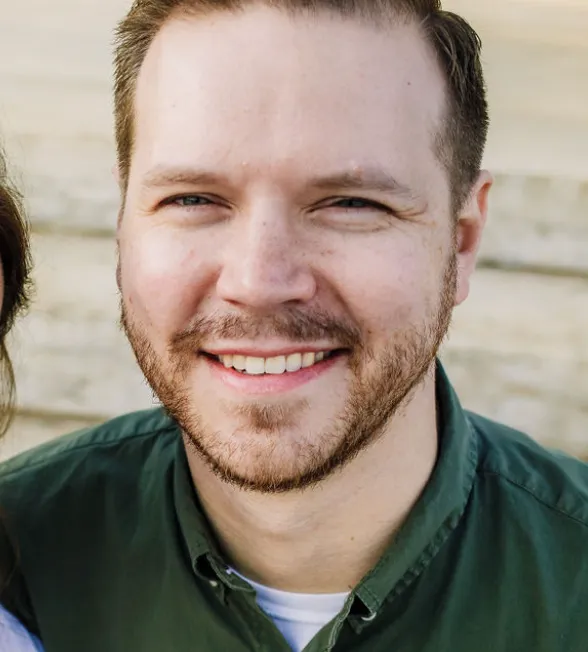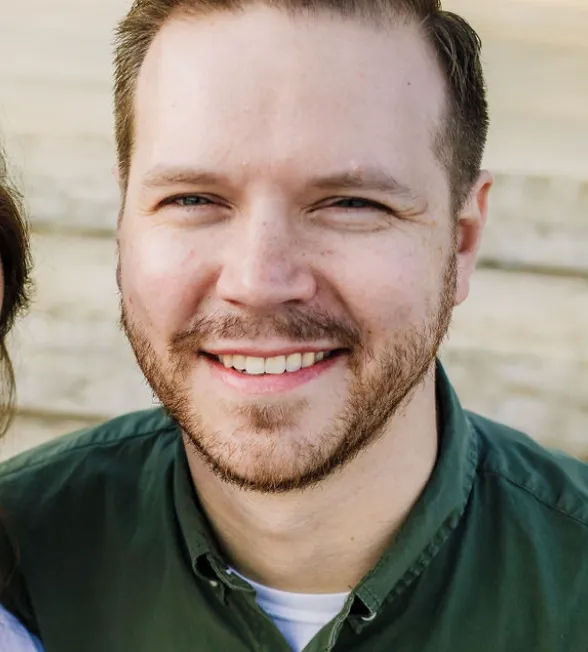
2024-9-20 00:1:32 Author: therecord.media(查看原文) 阅读量:0 收藏
NASHVILLE — After nearly four decades in the U.S. military, including six leading the country’s largest intelligence agency and the Pentagon’s largest digital warfighting force, Paul Nakasone brushes off the idea that he’s now an outsider. Nakasone, the former head of U.S. Cyber Command and the National Security Agency, stepped down earlier this year and will serve as the first director of Vanderbilt University’s brand-new Institute of National Security. “The past 10 years, I've spent a tremendous amount of time in Washington, D.C. I know the people that work in the national security ecosystem there. I've been part of two different administrations. I've served under six different secretaries of Defense. And so there is a sense that I have an idea of where we need to be able to focus our efforts,” Nakasone told reporters before the institute’s formal kickoff event on Wednesday. Here are the highlights of the conversation with the former spy chief: Vanderbilt. Nakasone said the new hub has a timeline of efforts as it gets off the ground, including “quick wins,” “breathtaking initiatives” that will take 90 days to accomplish and long-term projects that will take one to three years to complete. One effort, dubbed “25 for 2025,” seeks to place 25 Vanderbilt interns into different federal agencies, including the State and Commerce departments. “The first time I came to D.C., I was just like, ‘Wow!.’ That was four years into being in the Army,” Nakasone said. “I would really like to have that same feeling for people that come from Vanderbilt that have an opportunity in the future to do those types of internships.” The Institute also aims to be in contact with the transition team of whoever wins the presidential election, according to Nakasome. The hub has also begun an immersion program to allow undergraduates from different majors participate in the national security studies and special projects. The program, which previously only lasted one semester, will be stretched to two. It is also in the process of creating undergraduate and graduate degrees in national security, determining what a major and a minor in the discipline would look like. OpenAI. The retired four-star general, who also serves on OpenAI’s board of directors and its newly created safety and security committee, indicated he was not concerned that CEO Sam Altman departed that internal panel. “I think it's a normal progression of a continuing, advancing company,” he said, adding that the committee “did a lot of work” in the lead up to the release of the o1 reasoning model, a new version of ChatGPT. “We did a lot of work within the committee to talk about, what's the safety? How sure are we about it? How is this going to be rolled out, those types of things. So I think it's a natural progression.” Election security. Nakasone, who previously vowed the 2024 presidential election would be the most secure yet, lauded the government’s recent actions to expose Iranian and Russian attempts to influence and potentially meddle in race. “It's fantastic that we're identifying it,” he said. “The number one remedy for influence and interference is shining a light on it, and the fact that we are shining a light on what the Russians are doing, what the Iranians are doing, what the Chinese might be doing — that's exactly what we should be doing, as opposed to wondering six months later what happened.” Still, “I would anticipate that leading up to the election, we're going to continue to see a number of different attempts by our adversaries to do this type of work, whether or not it's influence or interference, we're seeing the tradecraft change,” he added, echoing comments from current intelligence chiefs. If the public doesn’t see more of the naming-and-shaming that has occurred in recent weeks “my sense is that our strategy and the campaign that's being conducted by our government to minimize that influence will have been successful,” he predicted. China. Beijing “remains the number one focus area for what we need to be able to do in the future,” Nakasone told reporters. “It's the only nation today that can threaten the United States and our allies in terms of rewriting the world order. On my pie chart, it's got a pretty sizeable portion with regards to how we're going to do things that are going to continue to foster our democracy and the security of our nation.” As for what that means for the new Institute, “how do you develop the most critical thinking people that are needed to be able to get after what our nation needs to do? That's the direction that our chancellor has set for us … If you train people that can think about China, or the next national security challenge that our nation's going to face, that's when you win.”
Get more insights with the
Recorded Future
Intelligence Cloud.
No previous article
No new articles
Martin Matishak
is the senior cybersecurity reporter for The Record. Prior to joining Recorded Future News in 2021, he spent more than five years at Politico, where he covered digital and national security developments across Capitol Hill, the Pentagon and the U.S. intelligence community. He previously was a reporter at The Hill, National Journal Group and Inside Washington Publishers.
如有侵权请联系:admin#unsafe.sh
